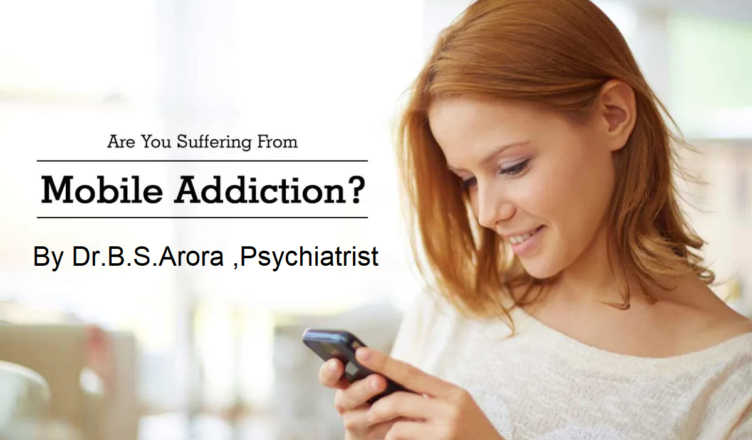
Mobile addiction, also known as smartphone addiction, is a growing concern in today’s society. With the widespread use of smartphones and the increasing number of apps and features available, it is becoming increasingly easy to develop an unhealthy relationship with mobile technology. Mobile addiction can have serious consequences on an individual’s physical, mental, and emotional health, as well as on their relationships, work, and overall quality of life.
Mobile addiction is characterized by excessive use of mobile devices, an inability to control or limit usage, and a persistent desire to be connected to the virtual world. It can lead to physical symptoms such as eye strain, headaches, and neck and back pain, as well as mental health problems such as anxiety, depression, and sleep disturbance.
The first step in managing mobile addiction is to acknowledge and recognize the problem. This can be difficult, as many people are unaware of the extent of their mobile device usage and the impact it has on their life. Tracking your mobile device usage using apps and monitoring your habits can help you to understand the extent of your addiction and take steps to change it.
The next step in managing mobile addiction is to set realistic and achievable goals for reducing mobile device usage. This could involve setting limits on the amount of time spent on the device, turning off notifications, or creating designated “phone-free” times during the day.
It is also important to practice mindfulness when using mobile devices. Paying attention to the present moment and being fully engaged in the activity at hand can help to reduce the urge to constantly check the device. Engaging in activities that do not involve mobile devices, such as reading, exercise, or spending time with friends and family, can also help to reduce mobile device usage and break the cycle of addiction.
In addition to reducing usage, it is also important to find healthier ways to use mobile devices. This could involve using apps that promote relaxation and mindfulness, or finding ways to use mobile devices for educational or productive purposes.
Having a supportive network of family and friends can also be invaluable in managing mobile addiction. Talking to someone about your addiction and seeking their support can help to reduce feelings of guilt, shame, and isolation associated with the problem. Joining a support group or participating in a mentorship program can also be helpful in connecting with others who understand the challenges of mobile addiction.
Finally, it is important to remember that managing mobile addiction is a process that takes time and effort. It is important to be patient and kind to yourself as you work towards reducing your mobile device usage and improving your relationship with technology.
Bottom line, mobile addiction is a growing concern that affects millions of people worldwide. It can have serious consequences on an individual’s physical, mental, and emotional health, as well as on their relationships, work, and overall quality of life. However, with proper management and support, it is possible to overcome mobile addiction and establish a healthy and balanced relationship with technology. If you or someone you know is struggling with mobile addiction, reach out for help and support.
“Find the support and guidance you need to overcome addiction. Our drug de-addiction center offers a comprehensive program to help you succeed.”

